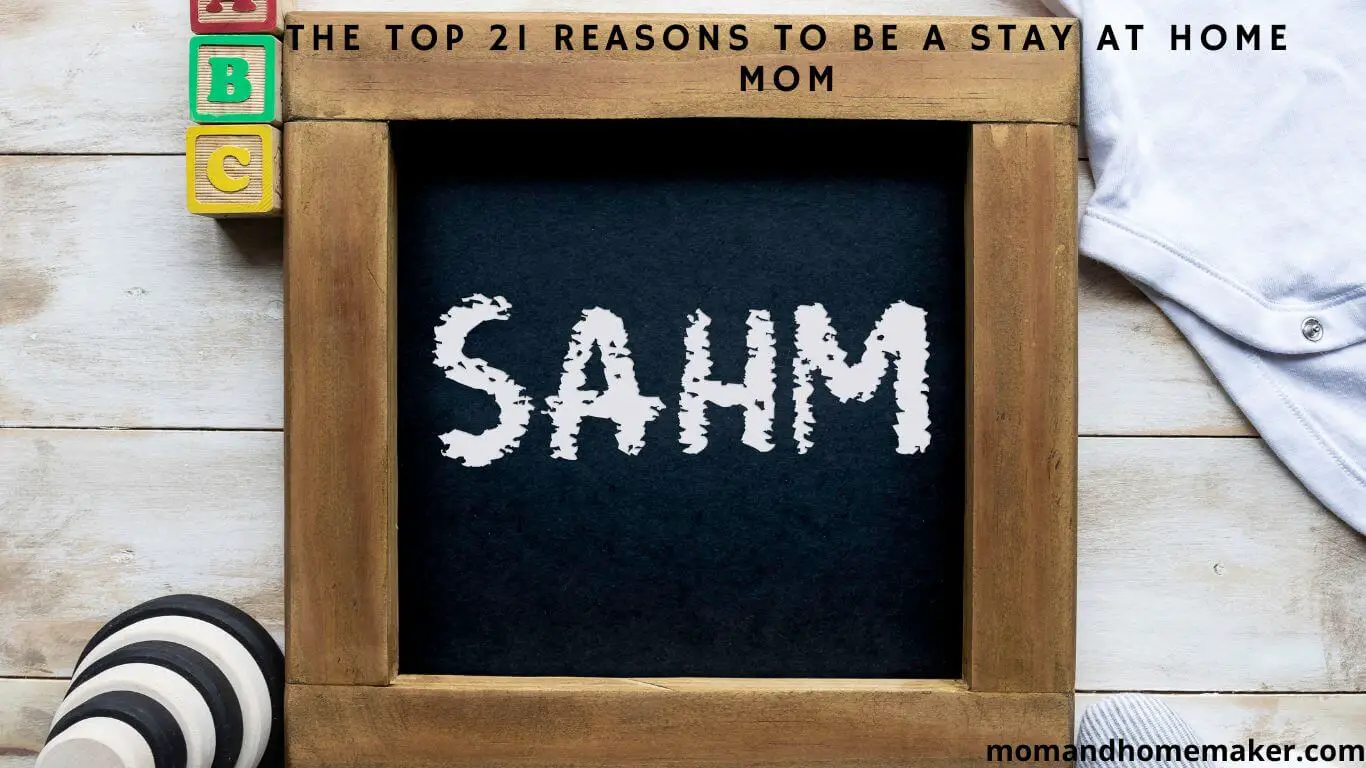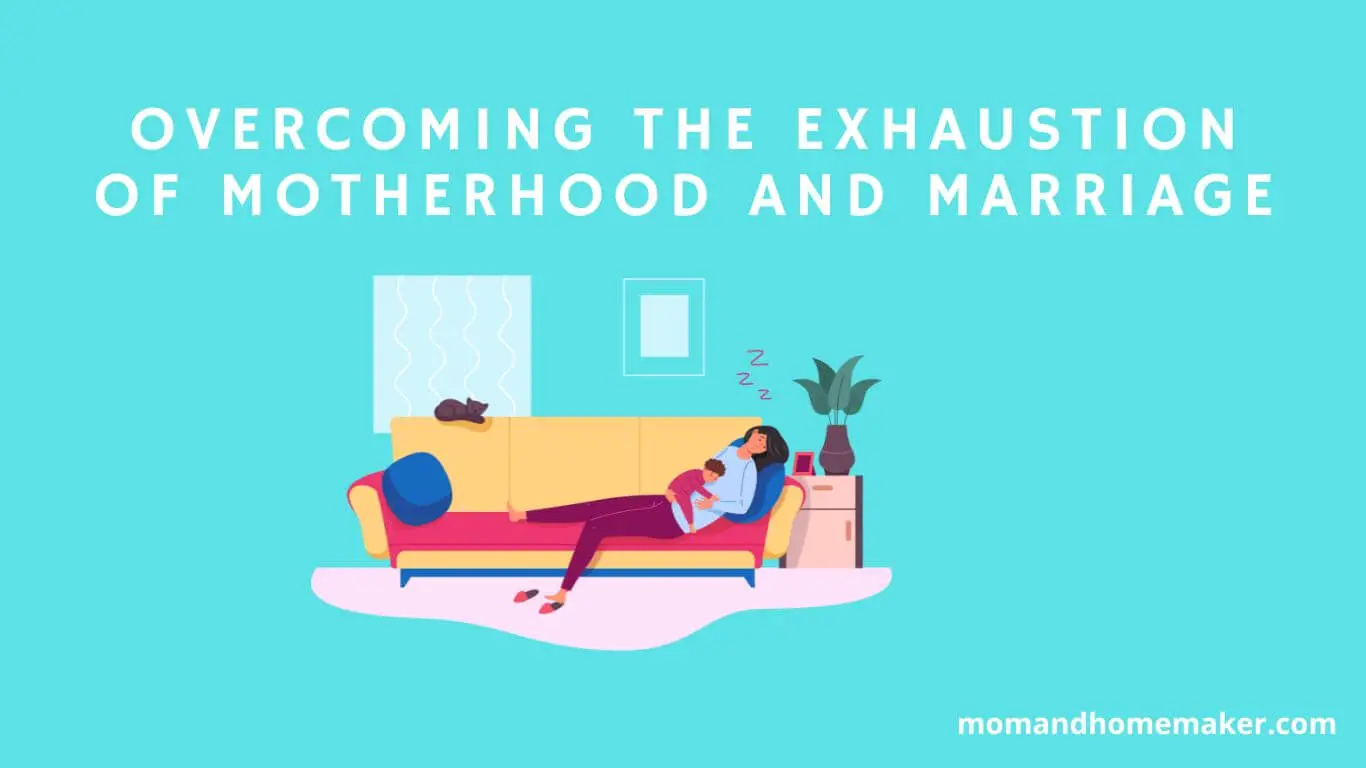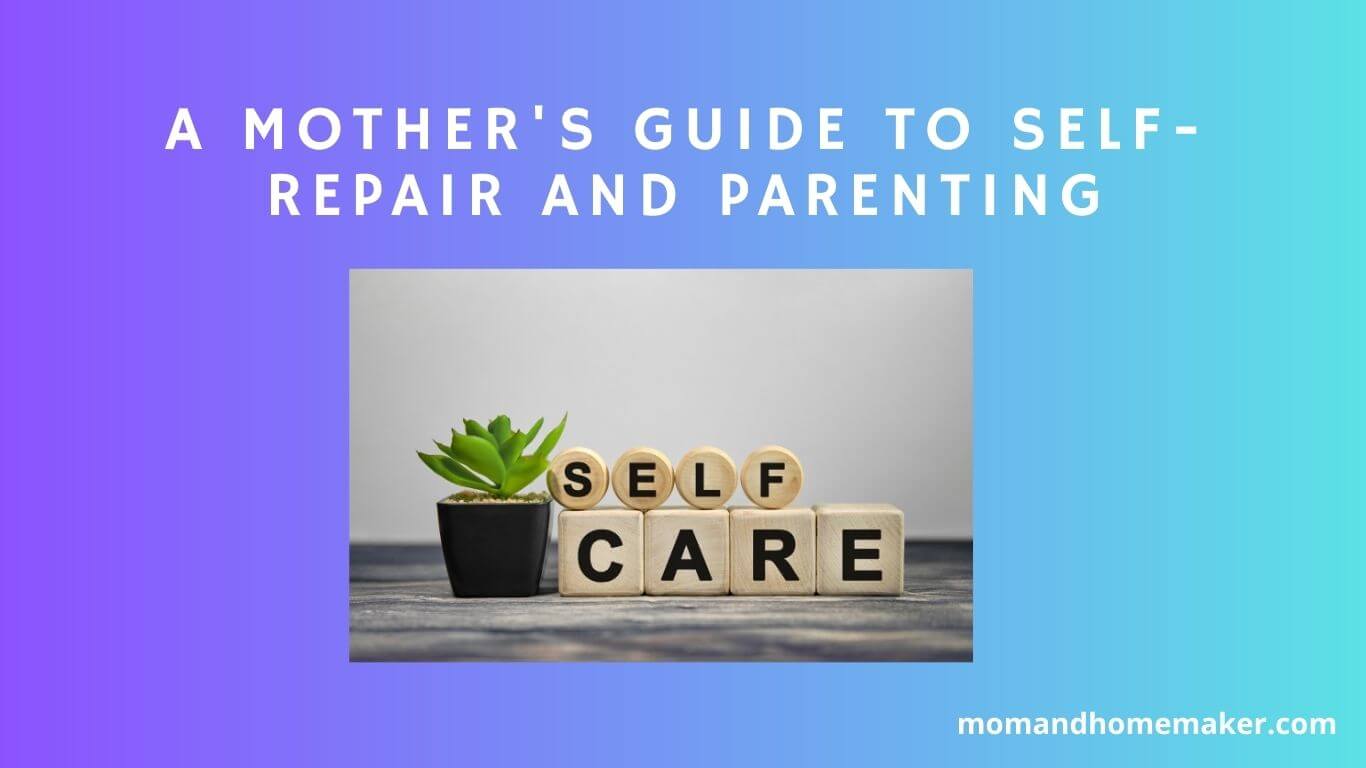Wondering if stay-at-home moms have lower divorce rates?
The answer isn’t simple. While the idea of stability in a two-parent home sounds good, many factors can affect this.
From how couples interact to financial pressures, modern relationships are complex. This raises questions about the link between staying at home and divorce likelihood.
Marital Dynamics and Stay-at-Home Mothers
When considering the likelihood of divorce for stay-at-home moms, it’s essential to understand the complex dynamics within their marriages.
The choice to stay at home and care for the children is deeply connected to maternal identity, providing fulfillment and purpose in nurturing the family. However, gender roles can significantly impact the marriage dynamics.
Maternal identity plays a crucial role in shaping the relationship between spouses. Stay-at-home moms, as the primary caregiver, may sometimes feel isolated or undervalued in the marriage, leading to tensions if not addressed openly.
On the flip side, some marriages thrive on clear role divisions, appreciating and respecting the stay-at-home mom’s dedication to the family.
Gender roles also influence the likelihood of divorce for stay-at-home moms. Traditional norms can pressure partners to conform to societal expectations, causing conflicts if one feels constrained by predefined roles.
Renegotiating and understanding these roles are vital for maintaining a healthy and fulfilling marriage for stay-at-home moms.
Research Findings on Divorce Rates
Research findings provide valuable insights into divorce rates among stay-at-home moms, highlighting the influence of gender roles and societal expectations on marital stability.
Gender norms often dictate that women bear the primary responsibility for managing the household and caring for the family. This traditional division of labor can strain marriages, especially when one partner, typically the woman, chooses to stay at home to raise the children.
Understanding the impact of gender roles and societal expectations on divorce rates is crucial for creating supportive environments for stay-at-home moms and their families. Research suggests that adhering to traditional gender roles increases the likelihood of divorce, while modern gender roles can lead to varied outcomes depending on individual circumstances.
Societal pressures to conform can also put a strain on marriages, but supportive communities with external systems can contribute to lower divorce rates. Furthermore, shifting societal norms can influence marital stability over time.
Economic Factors in Marital Stability
Economic stability is crucial for the health and longevity of marriages, especially for stay-at-home moms. Financial stress can strain a marriage when the primary earner faces job uncertainties. This stress can increase the risk of divorce for stay-at-home moms who rely on their partner’s income.
Additionally, an uneven division of household responsibilities, often falling on the stay-at-home mom, can lead to dissatisfaction and discord in the marriage. Open communication about finances and household tasks is essential to reduce stress and maintain a fair balance.
Addressing these economic factors proactively can help stay-at-home moms and couples build a strong and lasting relationship.
Impact of Parenting Responsibilities
Balancing parenting responsibilities can have a significant impact on the dynamics of a marriage, especially for stay-at-home moms. Juggling childcare, household tasks, and maintaining a strong relationship with your spouse can create challenges that might strain your marriage.
As a stay-at-home mom, you often bear the brunt of parenting responsibilities, which can affect the overall atmosphere of your relationship.
The stress of parenting can lead to feeling overwhelmed, causing breakdowns in communication. It’s essential to practice self-care to cope with these feelings. Moreover, if you lack support from your partner, it can result in increased tension and arguments. Seeking couples therapy can help address these issues and improve your relationship.
Guilt over not doing enough as a parent can lead to resentment and emotional distance in your marriage. Scheduling regular date nights can help you reconnect and strengthen your bond.
Additionally, differences in parenting styles may result in conflicts and power struggles. Attending parenting workshops together can help you find common ground and work as a team.
Financial strain due to a single income can add pressure and lead to disagreements. Creating a budget together can alleviate this stress and foster better communication about finances. Navigating parenting stress and its impact on your relationship requires patience, understanding, and a collaborative effort with your partner.
By addressing these challenges and actively seeking solutions, you can strengthen your marriage and create a harmonious family environment. Remember, prioritizing your relationship amidst the demands of parenting is crucial for a healthy and fulfilling partnership.
Communication and Relationship Satisfaction
Improving communication with your partner is crucial for enhancing relationship satisfaction as a stay-at-home mom. As you navigate your role, focusing on building an emotional connection and trust with your partner can have a significant impact on the strength of your relationship. Open and honest communication serves as the cornerstone for understanding and support within your partnership.
To strengthen your emotional bond, take time to share your feelings, thoughts, and needs with your partner. By openly expressing your joys, worries, and aspirations, you can cultivate a deeper sense of intimacy and understanding.
Actively listening to your partner, showing empathy and validation for their emotions and experiences, is key. Creating a safe space for vulnerability enables you to nurture a strong emotional connection that sustains your relationship through various challenges.
Building trust is essential for maintaining a healthy partnership. Being reliable and consistent in your actions, and honoring commitments and promises made to your partner, is crucial.
Transparency and honesty play vital roles in trust-building; aim to communicate openly and authentically to establish a secure foundation. Trust forms the basis of a successful relationship, allowing both partners to feel secure and valued.
Support Systems for Stay-at-Home Moms
To ensure you have the necessary support as a stay-at-home mom, it’s important to build a strong network of people who understand and appreciate your role. Here are some practical ways to create a supportive system:
- Fight Social Isolation: Connect with other stay-at-home moms in your area through local parenting groups, online communities, or playdates. Building relationships with those who share similar experiences can help combat feelings of loneliness.
- Cultivate Community Ties: Engage in community activities, volunteer opportunities, or local events to expand your social circle beyond your home. Establishing connections outside your immediate family can provide a sense of belonging and additional support.
- Prioritize Your Emotional Well-being: If you feel overwhelmed or are struggling with your mental health, don’t hesitate to seek help or talk to a counselor. Taking care of your emotional well-being is essential for your own happiness and that of your family.
- Focus on Mental Health: Make time for self-care activities that help you relax and recharge. Whether it’s reading, going for a walk, or practicing mindfulness, nurturing your mental health is crucial for your overall well-being as a stay-at-home mom.
Conclusion
Research indicates that stay-at-home moms might have a lower chance of divorce because of factors like shared parenting responsibilities, effective communication, and strong support systems.
If you’re thinking about staying at home with your children, it’s worth considering how this choice could potentially strengthen your marriage.
While every relationship is unique, exploring the positive impact of being a stay-at-home mom on your family dynamics is important.








